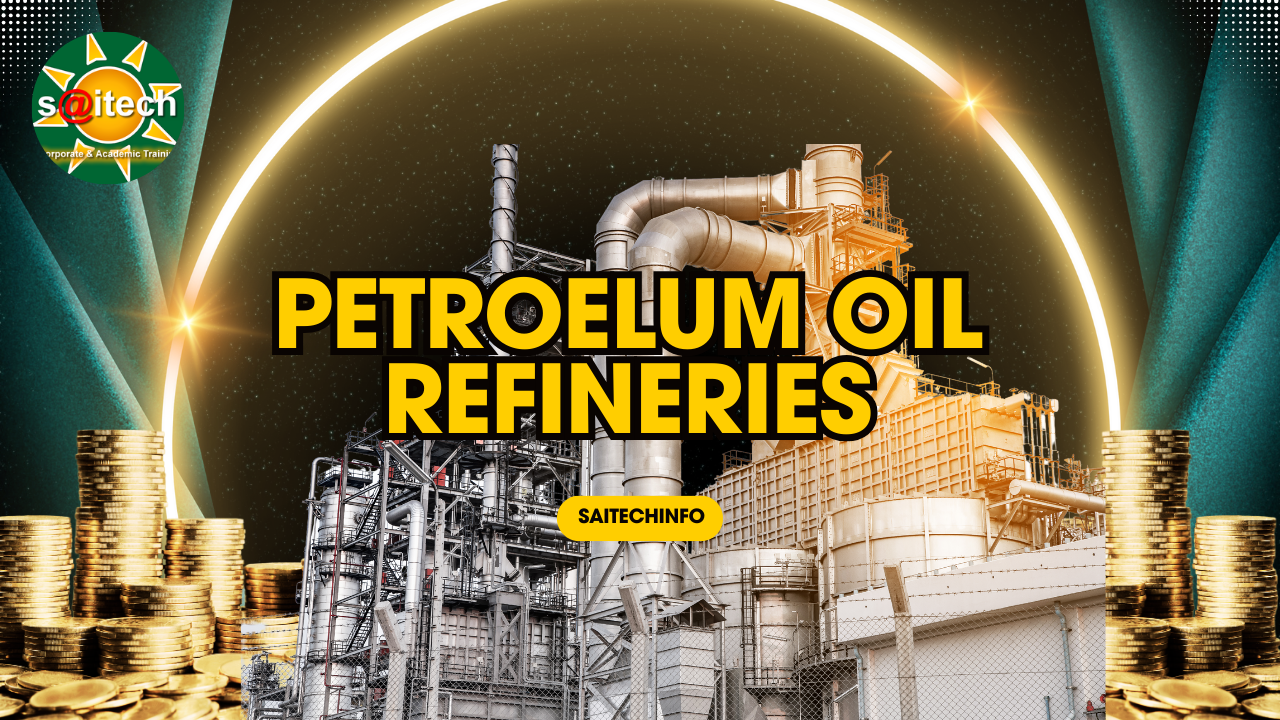Skip to content

1. Introduction to Petroleum Oil Refineries
- “Petroleum oil refineries are crucial for transforming crude oil into valuable products that power our daily lives.”
- “These facilities play a pivotal role in the economy, supplying fuels, chemicals, and essential materials.”
2. Major Refineries in India
- “India is one of the world’s largest oil consumers, with a network of significant refineries across the country.”
- “These refineries cater to domestic needs and contribute to the global petroleum market.”
3. Major Refineries in Tamil Nadu
- “Tamil Nadu is home to several key petroleum refineries, serving the state and neighboring regions.”
- “With advancements in technology, Tamil Nadu’s refineries are instrumental in meeting India’s energy demands.”
4. Chennai Petroleum Corporation Limited (CPCL)
- “Established in 1965, CPCL is a prominent public sector refinery in Tamil Nadu.”
- “CPCL’s refinery at Manali processes around 10.5 million metric tonnes per annum (MMTPA) of crude oil.”
- “The facility produces a wide array of products, including fuels, LPG, and petrochemical feedstocks.”
5. Indian Oil Corporation Limited (IOCL)
- “Indian Oil Corporation is one of India’s largest oil and gas companies, with multiple refineries across the nation.”
- “IOCL’s refineries in Tamil Nadu, like the one at Ennore, focus on refining and distributing high-quality fuel products.”
- “These refineries serve a vast network of customers and industries across the southern region.”
6. Private Petroleum Refineries in Tamil Nadu
- “Private sector players such as Reliance and Nayara Energy have also contributed to India’s refining capacity.”
- “Their operations help in bridging the gap between domestic demand and supply.”
7. Products from Petroleum Refining
- “The refining process yields diverse products essential for modern life.”
- “Key outputs include gasoline, diesel, kerosene, jet fuel, heating oil, and raw materials for the petrochemical industry.”
8. Stages of Petroleum Refining
- “Refining occurs in multiple stages, each adding value to the raw crude.”
- “1. Distillation separates crude oil into fractions based on boiling points.”
- “2. Cracking breaks down heavy molecules to create lighter, more valuable products.”
- “3. Reforming increases the quality of gasoline, and treatment removes impurities.”
9. Applications of Petroleum Products
- “Petroleum products power vehicles, airplanes, and ships, and are integral to manufacturing.”
- “They are also used in agriculture, healthcare, construction, and as a base for many consumer goods.”
10. Environmental Controls in Refineries
- “Modern refineries invest heavily in pollution control technologies to minimize environmental impact.”
- “Key measures include flue gas desulfurization, wastewater treatment, and spill prevention systems.”
11. The Role of Refineries in India’s Economic Growth
- “India’s oil refineries are critical for energy security and contribute significantly to economic growth.”
- “Through efficient refining, they support the nation’s industrial and infrastructure development.”
12. Future Prospects for the Refining Industry in India
- “With increasing focus on renewable energy, refineries are adapting to cleaner processes and diversifying their outputs.”
- “India aims to boost refining capacity to meet future demands sustainably.”
13. Conclusion: Refineries and India’s Energy Future
- “Petroleum refineries remain vital for India’s energy needs, providing products that fuel progress and innovation.”
- “With sustainable practices and modernization, the future of India’s refining industry holds promise for balanced growth.”




